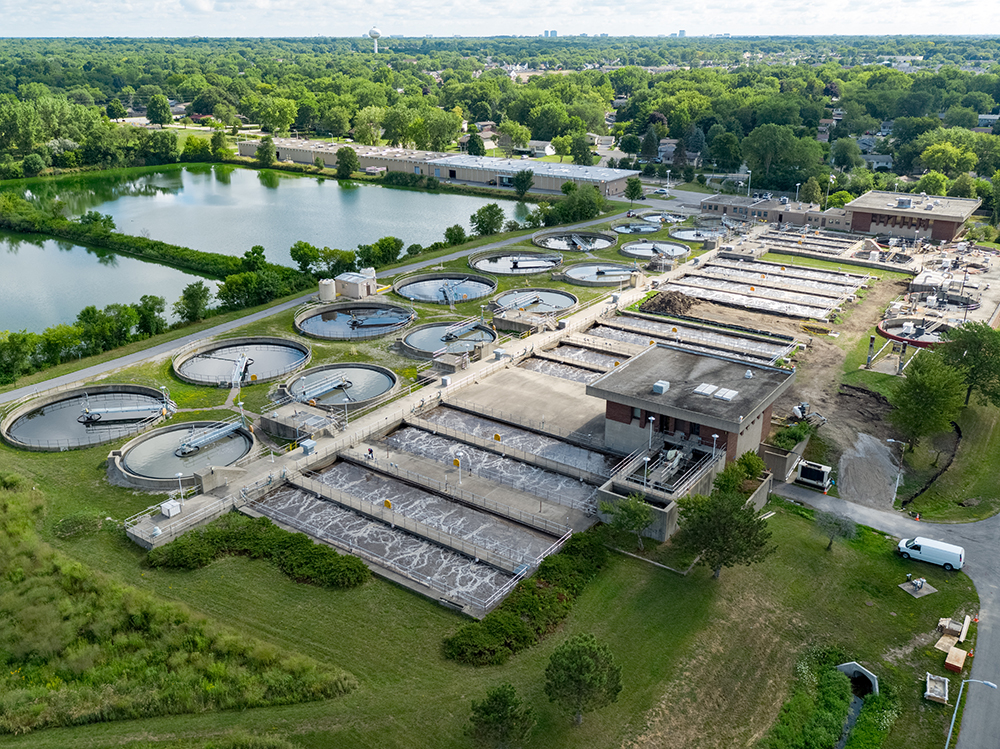UIC launches new environmental engineering bachelor’s degree

Due to an increasing demand for environmental engineers, the Department of Civil, Materials, and Environmental Engineering at UIC is offering a new bachelor of science degree in environmental engineering, beginning fall 2022.
The program will provide students with an affordable, high-quality curriculum that delivers the necessary skill sets and competencies to succeed in the environmental remediation and pollution abatement industry as engineering professionals and specialists, whether in field work, as company liaisons, managers, or within government agencies.
“Environmental engineers use the principles of engineering, chemistry, and other physical or natural sciences to develop solutions to environmental problems,” said Amid Khodadoust, an associate professor and the director of the new environmental engineering undergraduate program in CME. “They work to improve recycling, waste disposal, public health, and water and air pollution control. They also address global issues, such as unsafe drinking water, climate change, and environmental sustainability.”
According to the U.S. Bureau of Labor Statistics, the job outlook for environmental engineers for the period from 2019 to 2029 is expected to increase 3% for environmental professionals, and the median annual salary for environmental engineers is $88,860.
“More environmental engineers will be needed as the overall requirements for environmental quality and pollution control increase over the next decade, not only in the U.S. but also around the world,” Khodadoust said.
UIC’s program addresses national challenges in terms of the nation’s deteriorating urban infrastructure; the need for sustainable cities and green infrastructure; and the environmental impact of industrial and economic activities, while meeting the needs of a growing population, innovations in water purification, water reclamation, air, water and soil pollution, and sustainable engineering.